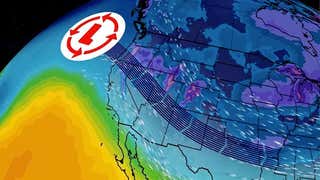TOP STORY

Djougou 14-Day Weather Forecast
Check out the weather forecast for the next two weeks in Djougou. Detailed daily weather will help you plan ahead for sunny, cloudy, rainy, or cold days! Day 1: Wednesday, February 19, 2025 Weather: Increasing cloudiness High Temperature: 36°C Low Temperature: 24°C Wind Speed: 12 km/h Precipitation Chance: 1% Humidity:...


























